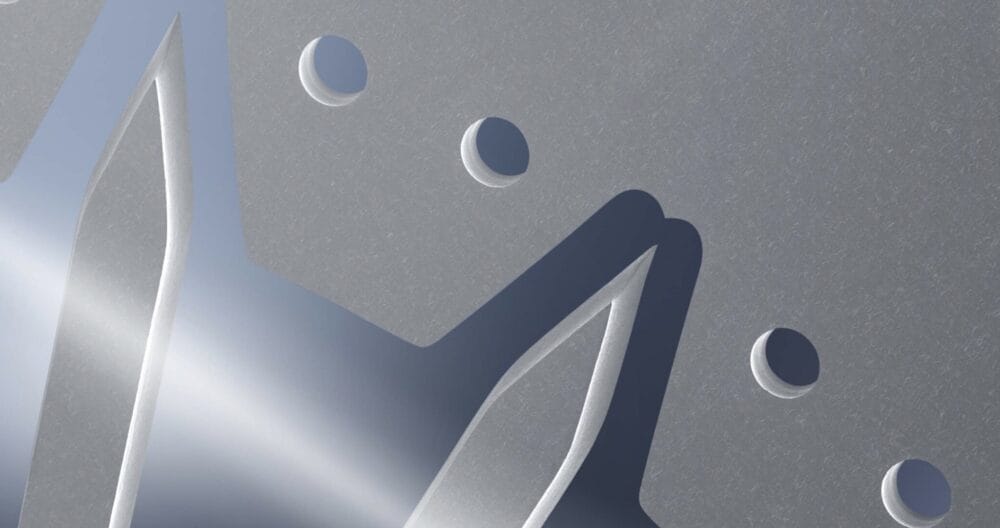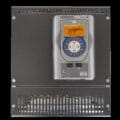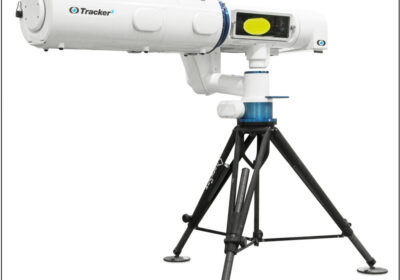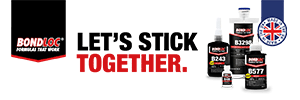Leading medical device OEMs from across the world continue to collaborate with micrometal Group, a specialist in photo-chemical etching (PCE), to achieve high-volume production of ultra-precise and increasingly complex metal components.
The medical field is notably advancing miniaturization, driven largely by the demand for minimally invasive surgical procedures and sophisticated diagnostic tools. This trend necessitates the creation of smaller, highly functional parts, which also leads to increased complexity. These components must be robust, burr- and stress-free, and manufactured in large volumes with zero failure rates due to their critical medical applications.
Micrometal Group’s PCE process is particularly effective in this context. The company has refined an already highly accurate and repeatable metal fabrication method to achieve unparalleled tolerances and precision, enabling the design and manufacture of groundbreaking medical devices.
Jochen Kern, Head of Sales & Marketing at micrometal, explains, “Medical device manufacturers need a cost-effective, reliable, accurate, and repeatable process for fabricating metal parts. PCE meets all these requirements, machining metal sheets with micron-level precision while preserving metal properties, and producing burr- and stress-free parts without heat degradation. One significant advantage of PCE is the elimination of conventional hard tooling, allowing for quicker, less expensive tooling that accommodates complex designs without increasing costs.”
Unlike most PCE providers that use digital photo tooling on films, micrometal Group employs photo tooling on glass, offering the highest precision for demanding applications. Glass photo tooling achieves tolerances of 1-2 microns and avoids distortion issues caused by environmental factors like humidity, which affect film tooling. For instance, micrometal Group consistently achieves 5-10 micron tolerances over a 700 mm etch area, compared to the 50-60 micron tolerances of film-based PCE providers.
Digital photo tooling’s inherent quick production, higher resolution, and greater stability, combined with its lower cost, facilitate design experimentation and iteration, fostering innovation in medical device design.
Micrometal Group’s PCE process is also versatile, capable of processing a wide range of metals and alloys, including difficult-to-process metals like titanium and aluminum. Titanium, in particular, is sought after for medical applications due to its biocompatibility, corrosion resistance, and high strength-to-weight ratio. micrometal Group is one of the few PCE companies capable of producing titanium parts at scale.
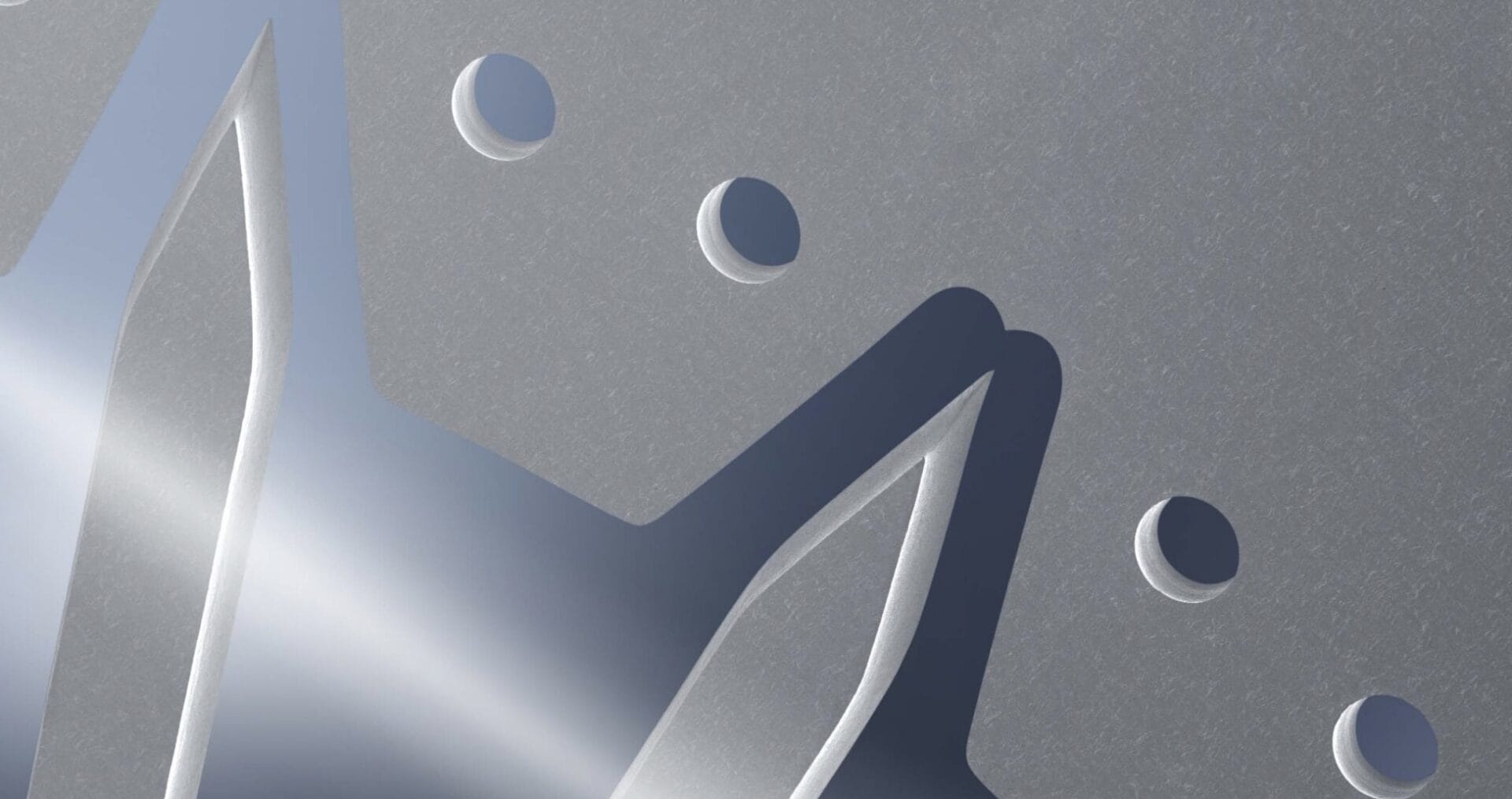
Kern continues, “The continuous demand from medical customers for more precise and complex parts has driven our unique use of glass photo tools and the development of liquid resist systems. Our liquid resist enables ultra-thin (2-8 micron) photoresist layers, allowing for high precision in chemical etching. This process achieves extremely small feature sizes of 25 microns and hole diameters 80% of the material thickness with single-digit micron tolerances. Additionally, our optimized exposure system avoids parallax issues common in traditional PCE, which uses thicker dry film resist and compromises part precision, achieving only 100-micron feature sizes and minimum hole diameters of 100-200% material thickness.”
micrometal Group regularly produces micro filters and meshes, blades, micro needles, surgical instruments, lancets, scalpels, stents, and functional surfaces using its proprietary PCE process. The company’s extensive experience and high standards in the medical device sector make it a preferred partner for OEMs seeking innovation through PCE. micrometal Group’s profound understanding of the PCE process and optimized Design for Photo Chemical Etching (DfPCE) offers unparalleled opportunities for medical device design and production.
Kern concludes, “We are continually developing new etchant chemistries for an evolving range of medical-grade alloys and boast the highest PCE production capacity globally. We also provide worldwide technical support and complementary technologies, ensuring medical OEMs meet exacting accuracy requirements. Our experience with medical device OEMs ensures a complete focus on regulatory and standardization needs, with certifications including ISO 13485, ISO 14001, ISO 9001, and IATF 16949.”

